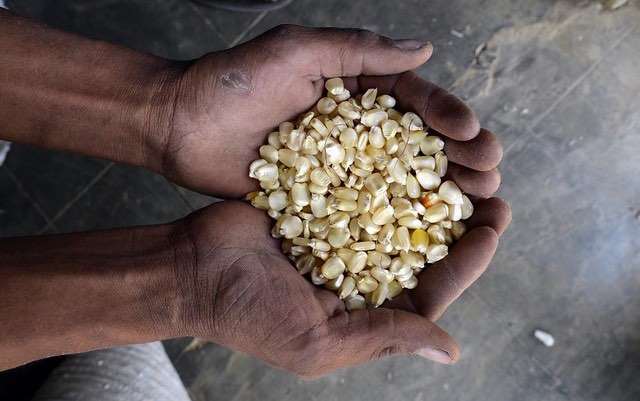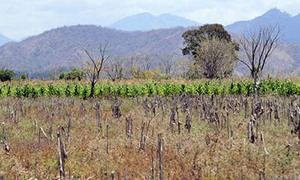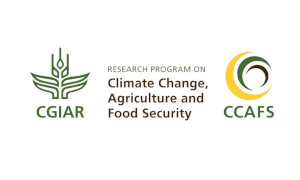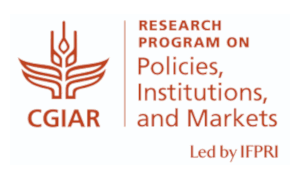This project examines the impact of climate change on agriculture in seven countries in Latin America: five in Central America (Costa Rica, El Salvador, Guatemala, Honduras, and Nicaragua) and two in the Andean region (Colombia and Peru). The studies provide important technical analyses of geographically differentiated effects, relying on climate models to show the degree of climate change projected at each location and then using crop models to examine the impact of that change on crop productivity. That information is then used to inform a global economic model of food and agriculture, which measures the aggregated changes to each country in regard to production, consumption, and trade. Drawing on this vast amount of data, the studies then offer recommendations to policymakers to manage those changes to minimize harm and to maximize opportunities.
In addition to seven country studies, an overview paper introduces the topic for the region and provides details concerning the data and methodology. As part of the analysis, a new aggregated crop productivity database was created which drew on previous work done by the Agricultural Model Intercomparison and Improvement Project (AgMIP) Gridded Global Crop Model Intercomparison (GGCMI) project (Rosenzweig et al. 2014). Summary results for the region were presented at COP24 in Katowice, Poland, on December 4, 2018, and a more detailed version is being prepared to be released in a future IFPRI publication.















